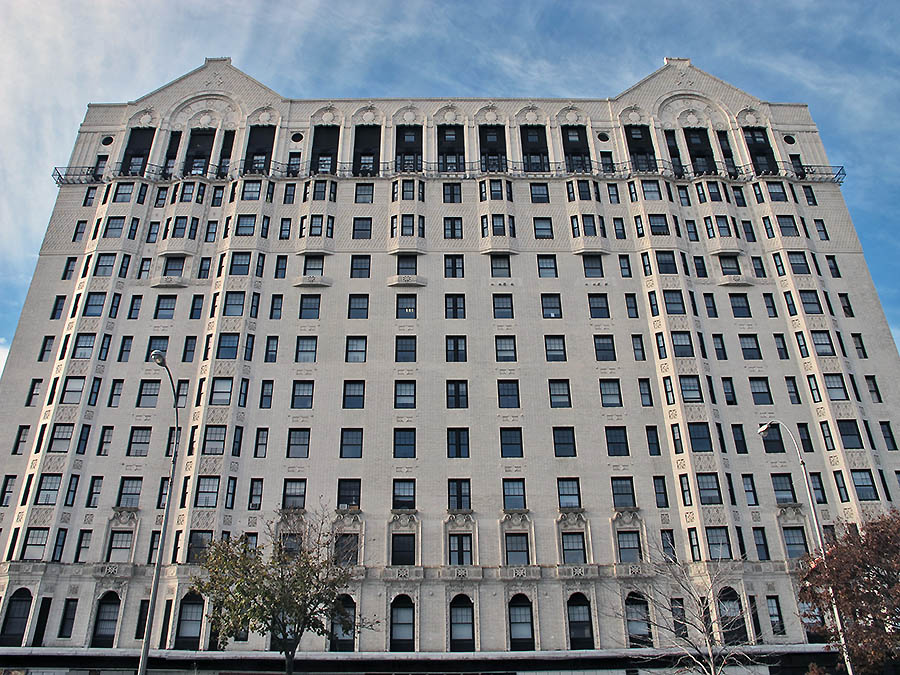 Harlem is on my mind again these days as I am about half-way into Colson Whitehead’s Harlem Shuffle. A heist on the iconic Hotel Theresa is at the heart of it. Almost exactly ten years ago to the day, I put up a post on this blog recounting some of the building’s history. One aspect I wrote about–the Cuban delegation’s visit to New York in 1960–is beautifully laid out in Simon Hall’s Ten Days in Harlem, which I recommend to everyone. It’s amazing how such an important event in world history played out in this very building up the road from where we lived for a year between 2013-14.
Harlem is on my mind again these days as I am about half-way into Colson Whitehead’s Harlem Shuffle. A heist on the iconic Hotel Theresa is at the heart of it. Almost exactly ten years ago to the day, I put up a post on this blog recounting some of the building’s history. One aspect I wrote about–the Cuban delegation’s visit to New York in 1960–is beautifully laid out in Simon Hall’s Ten Days in Harlem, which I recommend to everyone. It’s amazing how such an important event in world history played out in this very building up the road from where we lived for a year between 2013-14.
I ended up browsing quite a bit on the blog and found many more of these little travelogues and history excursions. I get a few comments every year, mainly from residents. One of these posts is about housing projects in Harlem, which caused a little bit of a stir and shows how important it is how I, as a white man, write about Black Harlem. I was a little careless in not making it more explicit that one of the estates I wrote about was not a “project”, but a “co-op”, which unsettled some of the latter’s residents in the comments.
I wonder how Harlem is now. We haven’t been back since 2014. Another book I read recently called Capital City: Gentrification and the Real Estate State makes me slightly apprehensive about returning (but strengthens my conviction to embrace more radical politics). While already in full swing back then (as evident from us living in a former tenement), gentrification has continued to work its way through the area. In Harlem, displacement takes on an even more sinister trait given the area’s central part in African American history.
Samuel Stein’s book is a very legible manifesto against market forces and the real estate state destroying our cities. It’s a book about NYC–so Harlem comes up frequently, e.g., in the debates on (re-)zoning and how public investment usually creates very narrow private returns. I really recommend it for its clear articulation of what appears to be happening around the world. With different social dynamics at play, Sydney is no stranger to this debate, and the real estate state here is going strong, permeating not just the economy, but the psychology of the city’s residents.
I’m happy to re-read my 2017 post on real estate, and in how far I still stand by my words. Today, I would add a point on Georgism and the perennial debate on land as a factor of production. I have made the case that land can be a factor of production, but only if conceived as embedded in urban space, not commodified and yield-generating (better: rent-seeking) as we have come to see it primarily. The philosophical primacy of land ownership especially in a city just becomes more and more untenable the more inequalities widen and such parts of the population are structurally disenfranchised.
